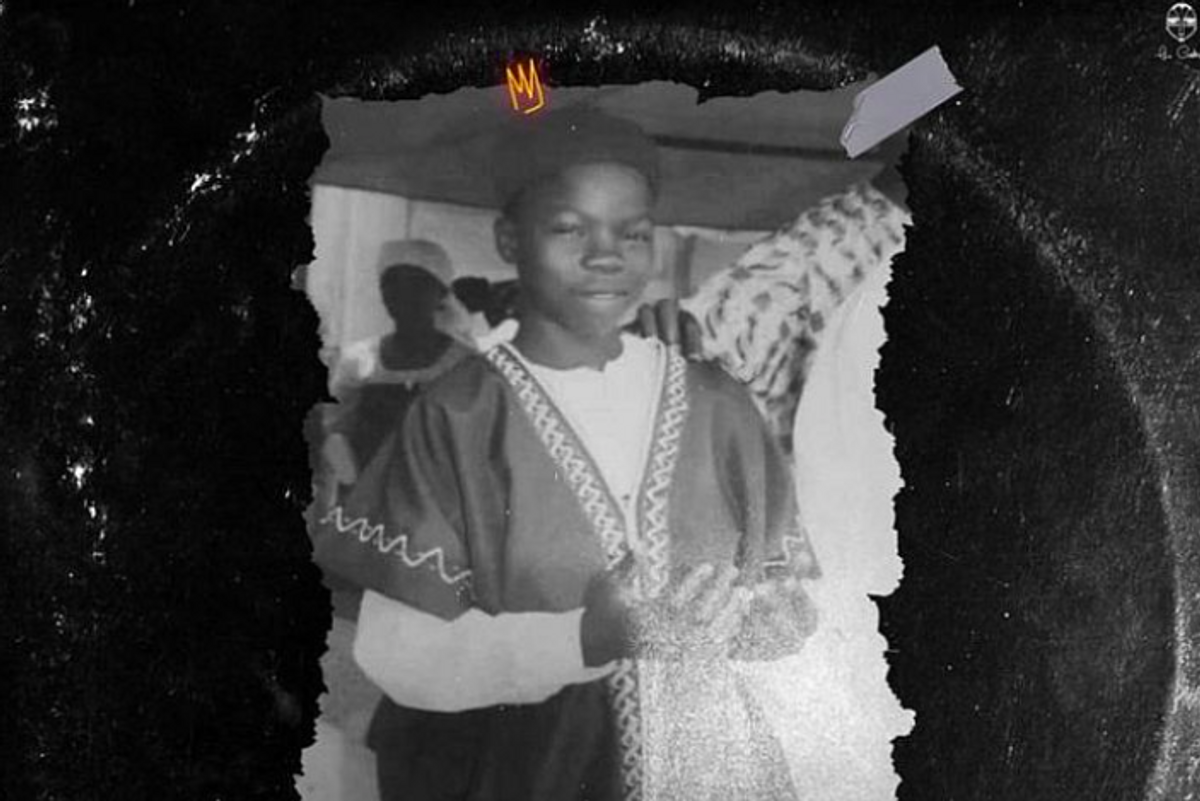Listen to Naira Marley's New Single 'Aye'
Naira Marley explores the meaning of life in this vibrant new number.

Naira Marley has just dropped his much-anticipated new single titled "Aye".
The Rexxie-produced number explores the meaning of life and encourages the listener to keep pushing even in the midst of challenges.
"Aye"—the Yoruba translation for "life"—makes use of number of instrumentals to give the track an overall bounce. While fairly mid-tempo, the rhythm and lyrics work together to convey Naira Marley's contemplativeness as he navigates what he feels is the meaning of life.
At a time when the world needs it most, the Nigerian artist speaks about persevering through obstacles one meets in life. He explores themes around human emotions such as hatred and envy and how he's no longer afraid of certain folk because he knows he doesn't mean them any harm.
Naturally, it's a great track overall as Naira Marley continues to churn out hit after hit. "Aye" comes off the back of his collaboration titled "Caro" with his newly-signed artist Zinoleesky. Also produced by the talented Rexxie, the track, which is Zinoleesky's debut project under Marlian Records, is a classic uptempo Afrobeat number with a pretty laid-back rhythm that makes the track itself an easy listen.
Listen to "Aye" on Apple Music:
- Watch Naira Marley's New Music Video for 'Tingasa,' Featuring C Blvck ›
- MohBad & Naira Marley Connect For 'Komajensun' - OkayAfrica ›
- Zinoleesky and Naira Marley Drop New Single 'Caro' and ... ›
- Listen to Naira Marley's New EP 'Lord of Lamba' - OkayAfrica ›
- Featuring Lady Donli, Mdou Moctar, Boddhi Satva x Nelson Freitas ... ›
- Rexxie Drops ‘All’ Featuring Davido Ahead of Upcoming Debut Album - OkayAfrica ›
- Rexxie Drops ‘All’ Featuring Davido Ahead of Upcoming Debut Album - OkayAfrica ›
- Listen to Rexxie's Debut Album 'A True Champion' - OkayAfrica ›
- Naira Marley Releases Energetic New Video For 'Kojosese' ›
- Nigerian Officials Drop Charges Against Naira Marley for Violating Coronavirus Lockdown Order - OkayAfrica ›
- Rexxie and Kel P Set to Go Head-To-Head in 'Battle of Hits' - OkayAfrica ›

